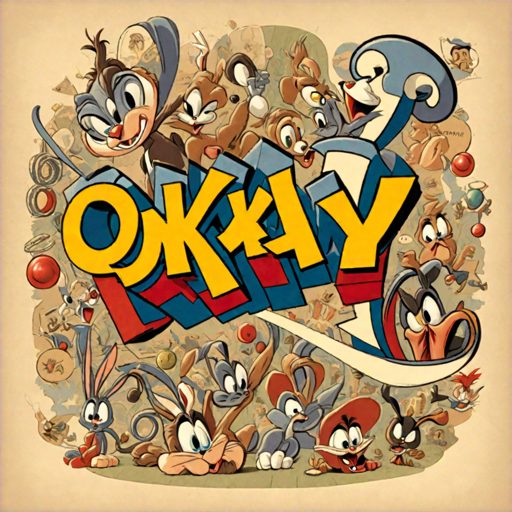
It’s OK: Unraveling the Okay Mystery
Recommended for Preparatory Grades
Let’s dive into a journey, not through the exotic flavors of the world, but through the realms of linguistics and history. It’s like a road trip, but instead of seeking out hidden diners, we’re uncovering the mysteries of a two-letter word that’s as common as salt in our everyday language: “OK”.
It’s about peeling back the layers, not of an onion, but of a word so embedded in our culture that it almost goes unnoticed. And remember, in this exploration, it’s OK to be a novice.
Listen to the origins of the word ‘Ok’
Similar Stories
Watch a video
Laugh out loud when you hear this cute baby say “Ok”. The clip is shared by “Memers on board”.
Curious Times is a leading newspaper and website for kids. We publish daily global news aligned to your learning levels (also as per NEP 2020): Foundational, Preparatory (Primary), Middle and Senior. So, check out the News tab for this. We bring kids’ favourite Curious Times Weekly newspaper every weekend with top news, feature stories and kids’ contributions.
Curious Times News Program for Schools for FREE. Over 5,000 schools and teachers from all over the world have joined our programme so that students and teachers can get FREE Educative Newspaper. Here, kids can take part in world events and win prizes and certificates for free through their schools.
The following social media platforms allow you to communicate with us: Instagram.
0 (Please login to give a Curious Clap to your friend.)
